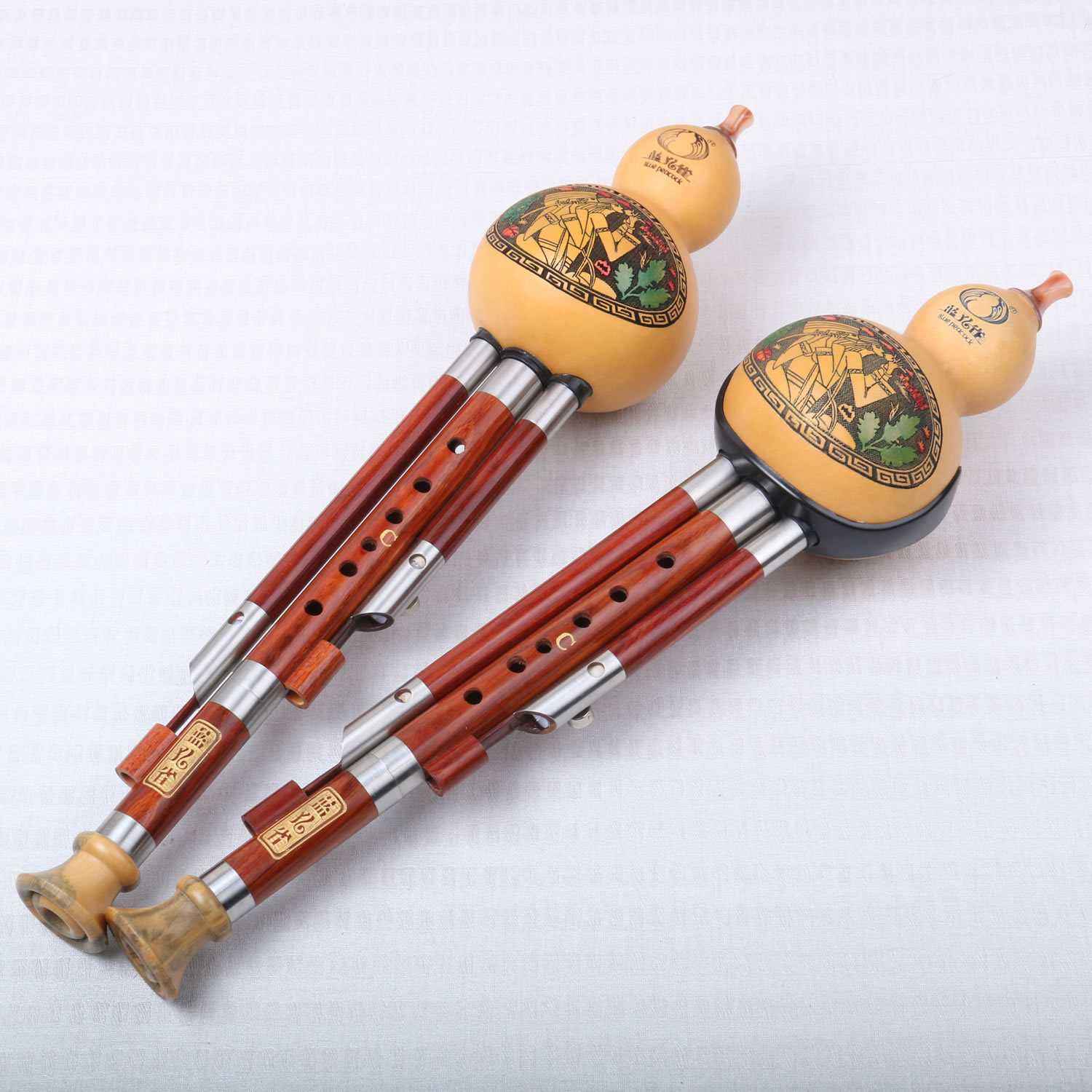Mastering the art of breath control in Fenugreek performance -- How to adjust breath-holding skills to improve musical performance
When playing fenugreek, which is a very national characteristic wind instrument, the use and control of breath is very important, especially the mastery of breath-holding skills. The correct method of holding breath can not only ensure the sound color is full, coherent and smooth, but also help the performer fully express the emotional connotation and artistic conception of the music.

First, understand the basic concept of holding your breath. In hulusi playing, breath-holding does not mean not breathing for a long time, but refers to a brief and conscious breath retention behavior during the playing process. By skillfully controlling the exhaled breath, where continuous play is required without breathing intervals, the player can use the remaining lung air to complete the transition of the melody, avoiding the interruption of the music caused by breathing.
In practice, to improve breath-holding skills, we must first exercise basic breathing skills. Practice deep breathing exercises to increase lung capacity and learn to breathe from the belly for deeper and longer breaths. In addition, it is also necessary to practice the uniform release of breath and maintain a stable breath flow rate, which is particularly important for the playing of long notes and the smooth connection between sentences.
Secondly, be familiar with the structure of the music, predict and plan the ventilation points. Through in-depth study and repeated practice of the score, we can determine in advance which notes can be breathed in quickly and silently, and try to choose the end of the phrase or natural pause to breathe, so as to ensure the integrity of the music.
Finally, constantly improve their own music perception ability and understanding of the characteristics of hulusi timbre. In the actual performance, the flexible use of breath holding skills with the expression of emotion, so that every note is full of vitality, truly achieve "sound and emotion".
In short, mastering the breath-holding technique in fenugreek performance is a systematic learning process, which requires players to constantly exercise their breathing control ability, deeply understand the content of the music and accurately grasp the timing of breathing. Only in this way can the ideal effect of perfect combination of technique and art be achieved when playing fenugreek.
 渝公网安备 50010702504639号
渝公网安备 50010702504639号